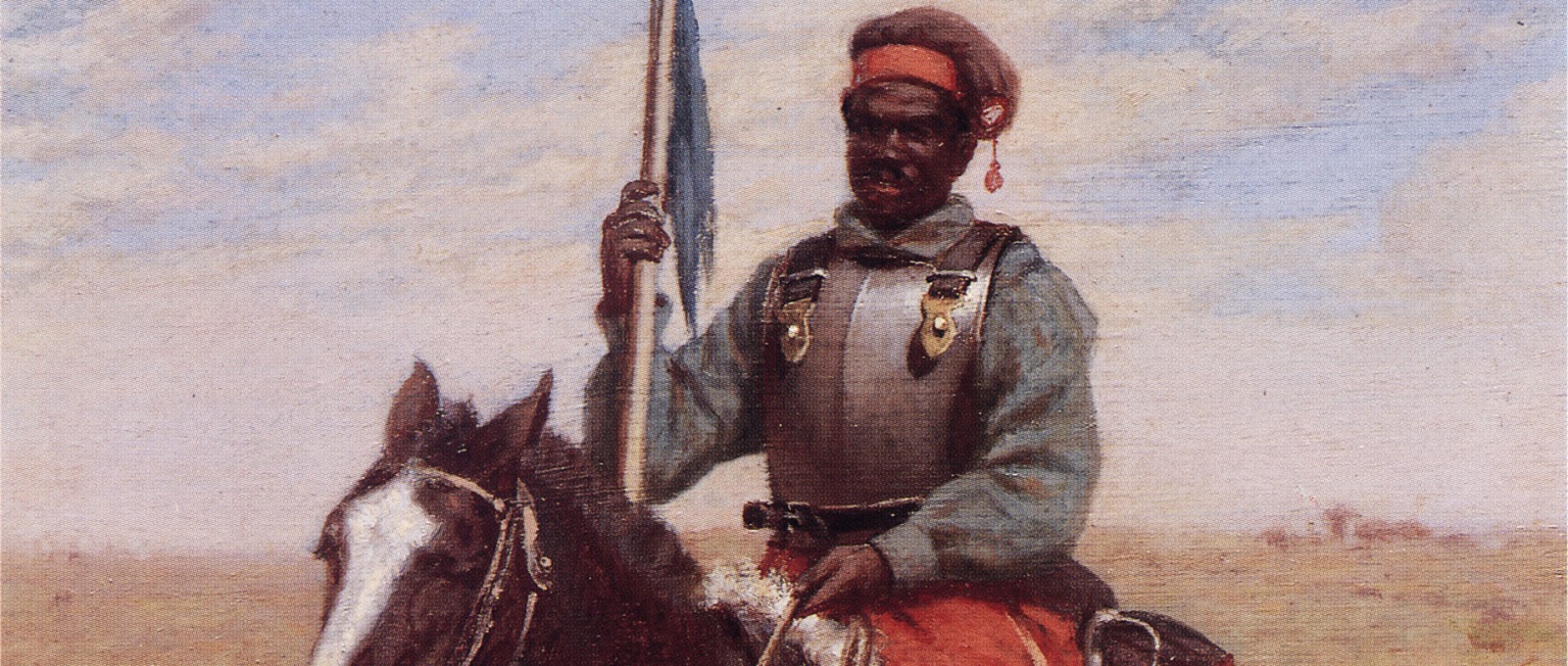The Ragamuffin War: A Decade of Rebellion in Brazil
Imagine a decade of upheaval, a struggle for autonomy fueled by economic disparities and political discontent. This encapsulates the essence of the Ragamuffin War, also known as A Revolta da Farroupilha, a defining moment in Brazilian history.
From 1835 to 1845, the southern province of Rio Grande do Sul became the stage for a protracted conflict between the local population, known as the "farrapos" (ragged ones) and the Brazilian Empire. This rebellion, fueled by a complex interplay of factors, left an indelible mark on the nation's identity and continues to fascinate historians and scholars today.
The Ragamuffin War was not a spontaneous eruption. It was the culmination of long-simmering grievances. The primary trigger was the perceived unfair taxation policies imposed by the Imperial government on the region's main export, charque (dried salted beef). These taxes, combined with the preference given to imported charque from Uruguay and Argentina, crippled the local economy and fueled resentment towards the central authority.
Beyond economic woes, political marginalization also played a crucial role. The Riograndense Republic, declared during the Farroupilha Revolution, reflects the desire for greater regional autonomy and a fairer representation in the national political landscape. This sentiment, coupled with the existing economic hardship, created a potent mix that ignited the flames of rebellion.
Understanding the context of the Ragamuffin War is key to grasping its significance. The conflict wasn't merely a tax revolt; it was a complex struggle for regional identity, economic justice, and political representation. The "farrapos," a diverse group encompassing ranchers, farmers, and even indigenous people, united under a common banner to challenge the status quo.
The revolt was rooted in the socio-economic structure of Rio Grande do Sul, where cattle ranching was the dominant economic activity. The charque industry was vital to the region's prosperity, and the imperial government's taxation policies were seen as a direct threat to their livelihood. This, combined with a lack of political representation and feeling ignored by the central government, further fueled the flames of discontent.
The Farroupilha Revolution had a significant impact on the political landscape of Brazil. It demonstrated the fragility of the centralized imperial system and highlighted the growing regionalist sentiments within the country. Though the rebels ultimately did not achieve full independence, the war forced the imperial government to re-evaluate its policies towards the southern provinces.
One benefit of studying the Ragamuffin War is a deeper understanding of Brazilian history and the factors that shaped the nation's development. Another benefit is the insight it offers into the dynamics of regionalism and the struggle for autonomy within larger political entities. Finally, the war serves as a reminder of the power of collective action in the face of perceived injustice.
Advantages and Disadvantages of the Ragamuffin War
| Advantages | Disadvantages |
|---|---|
| Increased awareness of regional concerns | Significant loss of life and property |
| Forced the government to negotiate and grant concessions | Economic disruption in the region |
Five key challenges faced by the rebels during the Farroupilha Revolution included securing international support, maintaining internal unity, supplying their troops, combating the superior military resources of the Empire, and gaining popular support beyond Rio Grande do Sul. Solutions attempted included seeking alliances with Uruguay and other neighboring countries, promoting a shared sense of identity amongst the diverse rebel groups, establishing their own system of governance and taxation, utilizing guerilla warfare tactics, and disseminating propaganda to sway public opinion.
Frequently Asked Questions about the Ragamuffin War:
1. What were the main causes of the Ragamuffin War? (Taxation, economic hardship, political marginalization)
2. Who were the Farrapos? (Rebels in the Ragamuffin War)
3. How long did the war last? (10 years)
4. What was the outcome of the war? (The rebels did not achieve independence, but the government made concessions.)
5. Who were some key figures in the war? (Bento Gonçalves, Giuseppe Garibaldi)
6. What was the Republic of Piratini? (A republic declared by the rebels)
7. What is the legacy of the Ragamuffin War? (Increased regional autonomy, influence on Brazilian identity)
8. Where can I learn more about this historical event? (Books on Brazilian history, online resources)
The Ragamuffin War stands as a testament to the enduring human spirit in the face of adversity. It showcases the power of collective action driven by economic hardship and a desire for greater political representation. While the rebels did not achieve full independence, their struggle left a lasting impact on Brazil, shaping its political landscape and reinforcing the importance of regional identities. This period of conflict serves as a valuable lesson in the complexities of nation-building, the enduring struggle for autonomy, and the power of collective action to bring about change. By understanding the causes, consequences, and complexities of the Farroupilha Revolution, we gain valuable insights into the historical forces that shaped modern Brazil. This knowledge is not just historical; it informs our understanding of present-day political and social dynamics, reminding us of the ongoing need for equitable representation and economic justice. The legacy of the Ragamuffin War continues to resonate, urging us to examine the past to better navigate the future.
Stomping the earth delving into irelands most iconic jig
Conquering the crock mastering the 3 pound roast
Obituary for james hill remembering a life well lived














